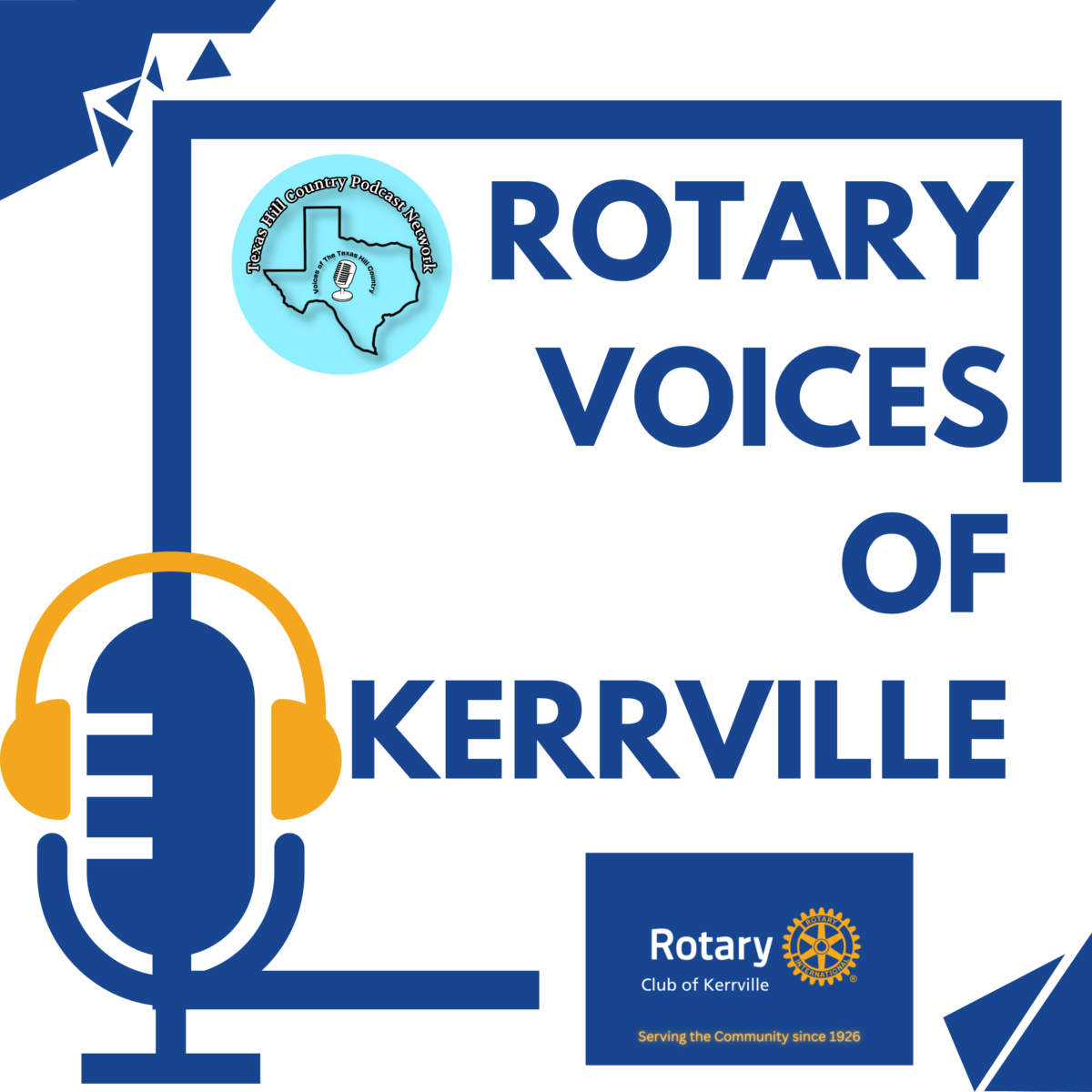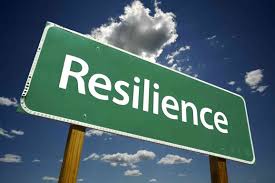As the theme of this episode is compliance, we first hear from Raoul Montgomery and Kirsty Crean of executive search and recruitment firm Arion House in Hong Kong about hiring trends in the legal and compliance space post-Chinese New Year. It is when many professionals decide to pursue new roles and, sometimes, entirely new careers. Following that is a chat with Brian Yeung, Interactive Brokers’ Hong Kong-based general counsel and head of compliance for APAC.

Kirsty Crean is a director with Arion House in Hong Kong. A top-tier provider of executive search and market intelligence services, specializing in regulatory compliance, ESG governance, financial crime compliance, legal, and risk management, the firm also has a presence in London.
Having read Criminology at Northumbria University in the UK, Kirsty’s search career began in 2015 when she started working for a boutique firm in London, placing senior legal and compliance professionals across banks, hedge funds, asset management firms, and brokers. She moved to Hong Kong in 2018 and joined Arion House in 2023 as a director covering the regional compliance market.

Raoul Montgomery has been a research consultant with Arion House since September 2019 and focuses on markets in the Asia-Pacific region. He joined after attaining a bachelor of arts degree in history with politics and public administration from the University of Hong Kong, where he is currently also pursuing a law degree.
Having worked with a number of non-governmental organizations, he is fluent in English, Hindi, and Spanish.
Brian Yeung is Interactive Brokers’ general counsel and head of compliance for the Asia Pacific region. Based in Hong Kong, it is a role he has held for over four and a half years. He has been with the firm for almost 12 years since 2013, starting off as its head of legal and compliance for APAC (excluding Japan).
Prior to that, Brian was Institnet’s APAC legal and compliance manager in Hong Kong, and before that, he was head of compliance for Australia for BGC Partners based in Sydney.

Having grown up in Hong Kong, he attended Yew Chung International School before pursuing an undergraduate degree in commerce, accounting, and finance at the University of New South Wales. He ultimately attained his juris doctor degree from Sydney’s University of Technology. A solicitor, he is admitted to the Supreme Court of New South Wales.
Discussion:
A month and a half into 2025, and with the Lunar New Year behind us as well, many in places like Hong Kong customarily wait until they receive their customary Chinese New Year bonuses before tendering their resignation letters to seek better pay, seniority, prestige, greater responsibility, or simply more satisfaction with other employers—and the legal and compliance space is no different.
In that spirit, today’s episode commences with a spotlight segment where Kirsty and Raoul share their thoughts on hiring trends in the legal and compliance space in Hong Kong and, to some degree, Singapore and the APAC region more generally post-Chinese New Year. They share with Regulatory Ramblings host Ajay Shamdasani the areas where the financial sector is hiring, with insurance and crypto-compliance being key drivers for employment.
Kirsty and Raoul also share their thoughts on how firms hire legal and compliance staff at more senior levels versus middle to junior ranks. Some banking and financial institutions and multinational corporations, more broadly, are moving more towards retainment mode. That is evidenced by the hiring freezes at some banks in the region.
The conversation concludes with what it takes to be a good compliance officer—beyond just knowing the rules, regulations, and general knowledge of the sector in which one seeks employment. As our guests make clear, while a legal or accounting degree and/or experience will always put one in good stead, in-house/general counsel and compliance officers need soft skills, too.
Following that, our discussion with Brian Yeung of Interactive Brokers delves into why he pursued a law degree. He also describes how he saw himself making a difference by becoming a compliance officer, which, he recalls, occurred against the backdrop of the 2001 Enron scandal leading to the collapse of venerable accounting giant Arthur Anderson and the passage of the Sarbanes-Oxley Act (2002) in the US, which forever put a global spotlight on the importance of good corporate governance and the compliance profession writ large.
It is a profession that Brian took well to, one he still finds years later to be incredibly stimulating and rewarding. As he says, “There is no typical day for me.”
While sharing what his biggest challenges are, Brian stresses the importance of work-life balance and considers himself profoundly blessed to be able to leave at a reasonable hour each day to spend time with his family after a long day at the office. He contrasts that with the life he might have had as a solicitor in private practice, where the perpetual dread of racking up enough billable hours annually would likely have impacted his family life, notwithstanding the potentially higher rewards and prestige.
While acknowledging that compliance has long been associated with the legal and accounting professions, he does not believe one necessarily needs to complete a degree in either of those subjects to have a successful compliance career. Although a law degree can be useful, an investigative mind is also a valuable asset to those considering entering the field.
Regulatory Ramblings podcasts is brought to you by The University of Hong Kong – Reg/Tech Lab, HKU-SCF Fintech Academy, Asia Global Institute, and HKU-edX Professional Certificate in Fintech, with support from the HKU Faculty of Law.
Useful links in this episode:
-
Follow Kirsty Crean on LinkedIn
-
Follow Raoul Montgomery on LinkedIn
-
Arion House: Webpage
-
Follow Brian Yeung on LinkedIn
-
Interactive Brokers: Webpage
You might also be interested in:
-
Must have book by Ross Buckley, Douglas Arner & Dirk Zetzsche – FinTech: Finance, Technology & Regulation
-
Building Better Financial Systems: FinTech Sustainability – Research
-
HKU-SCF Fintech Academy – website
-
Asia Global Institute – website
-
Most sought after Fintech course on edX – Introduction to Fintech
Connect with RR Podcast at:
LinkedIn: https://hk.linkedin.com/company/hkufintech
Facebook: https://www.facebook.com/hkufintech.fb/
Instagram: https://www.instagram.com/hkufintech/
Twitter: https://twitter.com/HKUFinTech
Threads: https://www.threads.net/@hkufintech
Website: https://www.hkufintech.com/regulatoryramblings
Connect with the Compliance Podcast Network at:
LinkedIn: https://www.linkedin.com/company/compliance-podcast-network/
Facebook: https://www.facebook.com/compliancepodcastnetwork/
YouTube: https://www.youtube.com/@CompliancePodcastNetwork
Twitter: https://twitter.com/tfoxlaw
Instagram: https://www.instagram.com/voiceofcompliance/
Website: https://compliancepodcastnetwork.net







